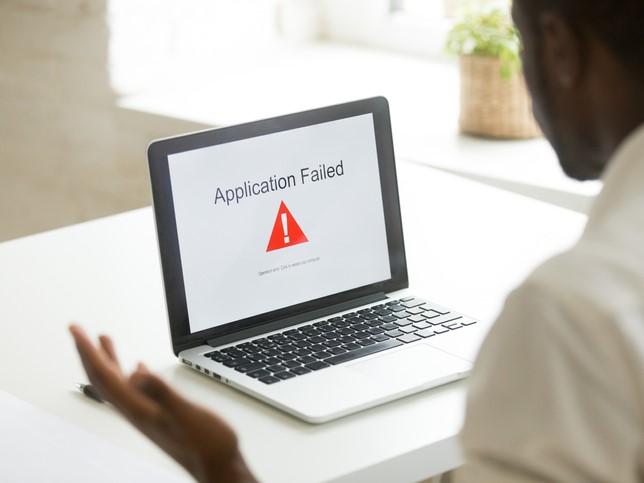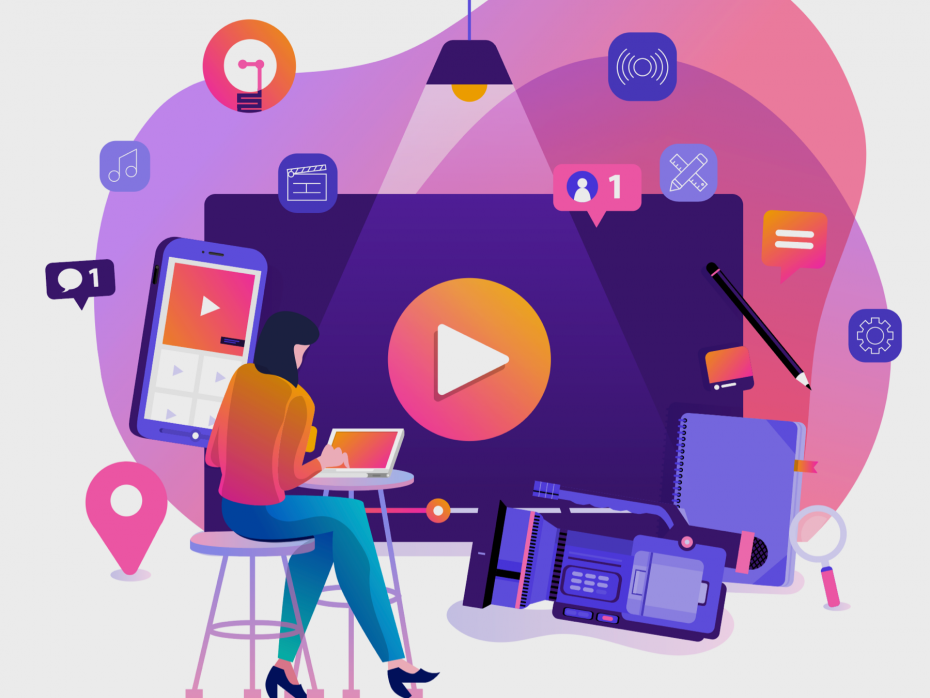I taught my first university course as a second-year graduate student. Luckily I’d just finished a graduate teaching seminar that we were required to take in the psychology department. In that seminar, we learned the fundamental aspects of HE teaching. One of the principles stressed was that we were to treat every student the same. The instructor told us it would inevitably turn out badly if we allowed one student to make up an exam and not another student or allowed only some of our students to turn in work late. In his mind, as with many others, treating everyone the same is fair.
Of course, we were legally mandated to treat some students differently from the rest if the disability services office granted students an academic accommodation. Standard accommodations were extra time to take exams, taking exams in a different room with fewer distractions, extensions on papers or projects and providing alternative methods to demonstrate learning.
Along with accommodations, there were invariably conversations about what is fair. Is it fair for some students to be allowed extra time, allowed a note-taker or even to turn in an alternative assignment? What about students who need accommodation but don’t realise they need it or are embarrassed to ask for it? Fair means different things to different people.
Fair, to some people, means everyone getting the same thing. This is the definition of equality. However, equality can be perceived as fair only if everyone begins at the same place and needs the same things to succeed. Individuals rarely start at the same place and need the same thing, so fairness can also be giving each person what is necessary to provide an opportunity to be successful.
This form of fairness is the foundation of equity. It is also why students with learning challenges receive accommodations. Equity is free from the biases that occur with equality. It reduces institutional barriers and motivates an individual to strive to be successful. Whereas equality is giving everyone the same thing, equity is giving individuals what they need. These are differing views of what it means to be fair − but they need not be mutually exclusive.
Accommodations for students with learning challenges appeared about 50 years ago in the US, beginning in the early 1970s. And ever since, some faculty have seen accommodations not as giving students with disabilities an opportunity but as giving some students extra help. It has been a struggle. Those faculty see equality as the gold standard for fairness. I heard one faculty member say he wouldn’t provide accommodations as it wasn’t fair for some students to get extra time on tests. These individuals seem impervious to the argument that equity has a stronger foundation in social justice.
Universal design is a key component in resolving this equality-equity dilemma.
Universal design became popular with designers and architects in the 1990s, as the 1990 Americans with Disabilities Act required that streets and buildings be accessible to all people. Universal design does not suggest that things be built so that those with mobility, sight and other physical challenges be given accommodations in life. The goal is to design things such that the disability is irrelevant.
In the early 2000s, educators first applied universal design to learning. Universal design for learning (UDL) has three fundamental principles: that learners be given a variety of ways to acquire information; that learners have multiple ways to demonstrate what has been learned; and that a variety of forms of student engagement are used to tap into different interests and motivations.
Universal design does not seek to provide anything additional to students with disabilities but rather to make those disabilities irrelevant. Through UDL, students can choose to write a paper, take a test or create a video demonstrating learning. Captioned videos are accessible to those who are deaf and those watching the video with a sleeping child on their lap. These options allow students to select the means that best demonstrates learning (equitable) while everyone is given the same opportunities (equal).
Equity in higher education is exceedingly important, but without equality many faculty and students will probably persist with the belief that it’s unfair to give some students additional time on exams or allow them to videotape a presentation instead of delivering it live.
UDL includes both equity and equality, which works to everyone’s advantage and, hopefully, gets everyone on board. UDL also makes it possible to think of a day when accommodations are no longer needed because education is designed so well that accommodations are irrelevant. For example, if there’s no time limit on an exam, extra time is not needed. If students can take exams online, there’s no need for a quiet space to accommodate those with attention deficit disorder. If all students are given the option of delivering a presentation either in class or as a recording, no accommodations are needed for students who cannot give an in-person presentation. UDL done well is equal and equitable and potentially makes accommodations unnecessary.
If we are ever to move higher education to a place with less bias towards those with learning challenges, those from underrepresented ethnic groups or those who just see the world in a different way, we need to give greater consideration to what is considered “fair”.
Almost 40 years ago my instructor told us to treat all students the same, except those who received specific accommodations, because that was fair. I still feel it’s important to treat students fairly, but what that means to me has changed. I now strive to help faculty design teaching according to UDL guidelines to provide all students with multiple opportunities to learn and to be successful. This means everyone is treated the same, and everyone is provided an opportunity to be successful based on their individual needs. Surely you can’t say fairer than that.
Todd Zakrajsek is associate professor in the department of family medicine at the University of North Carolina at Chapel Hill and president of the International Teaching Learning Cooperative.




comment1
(No subject)